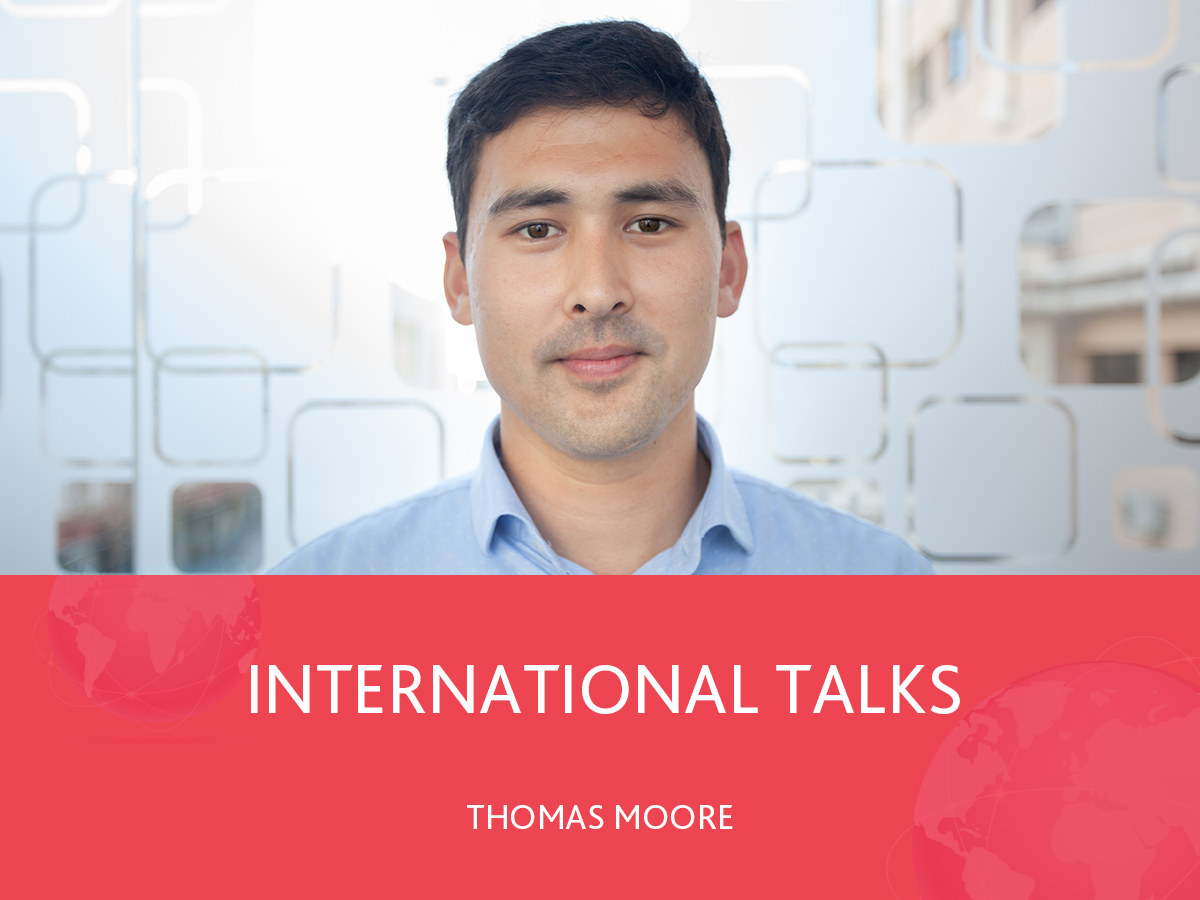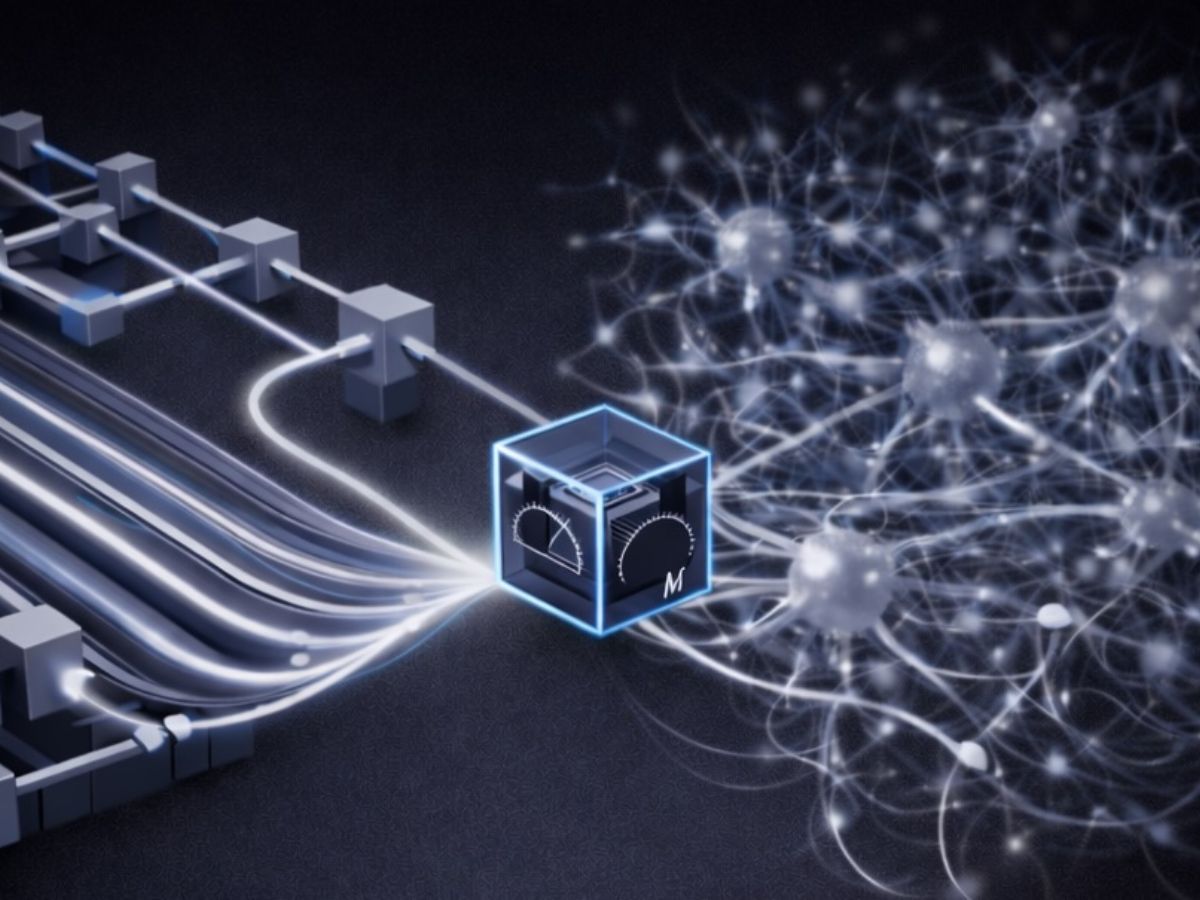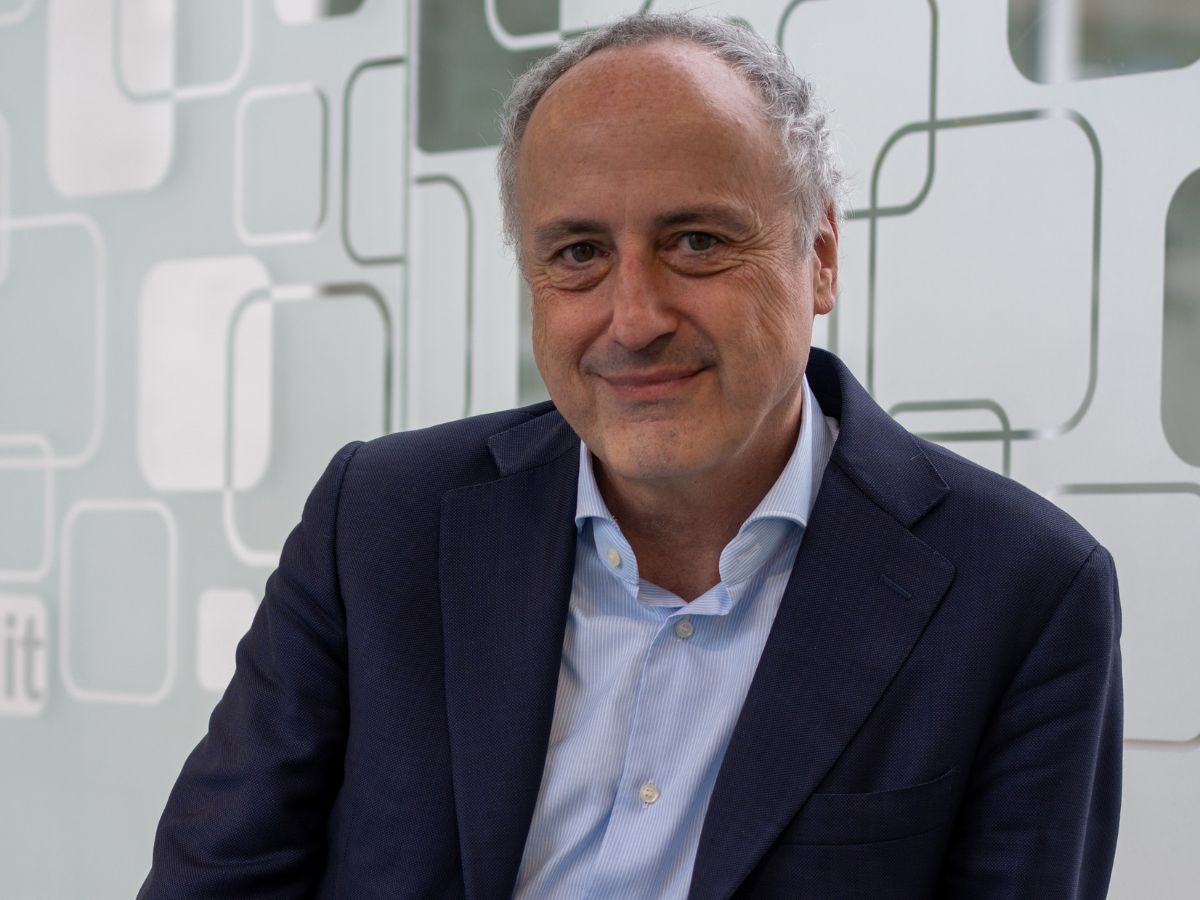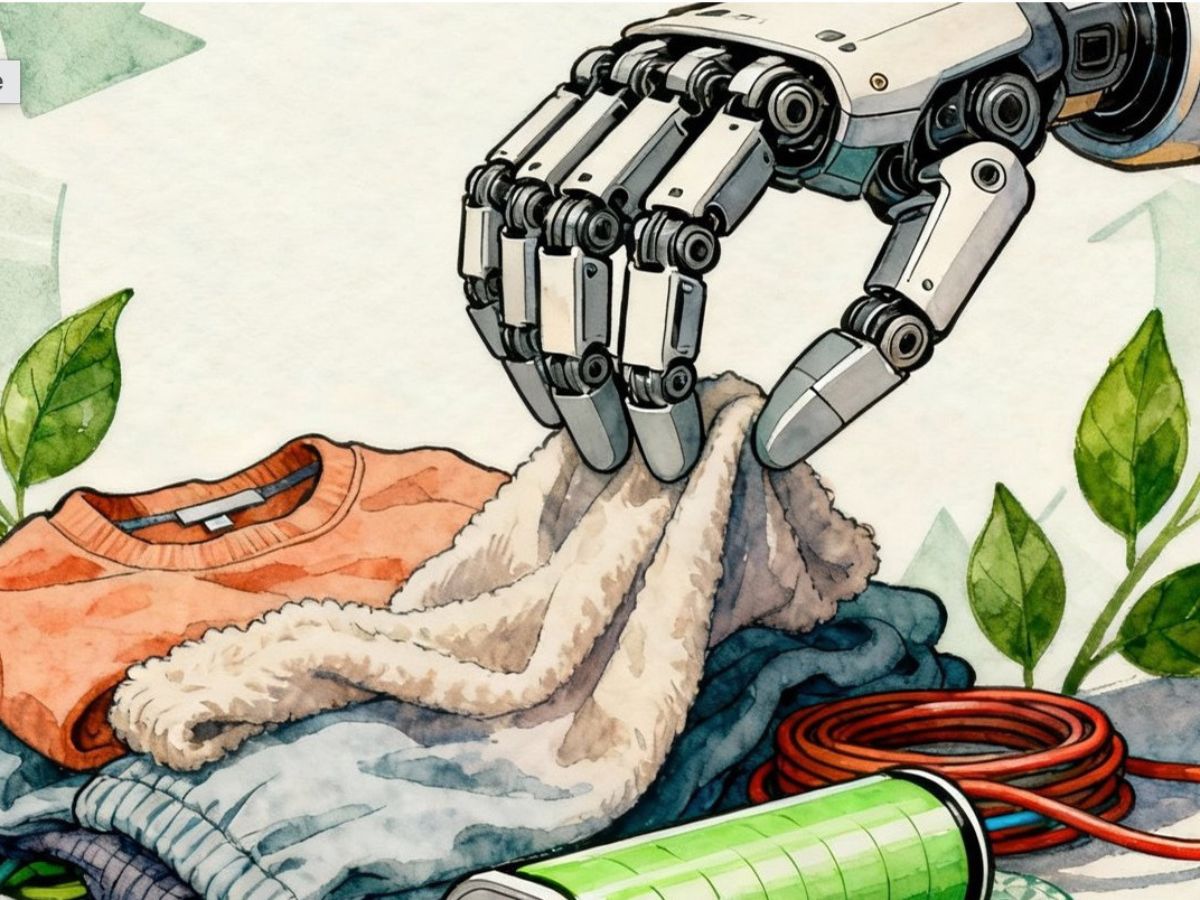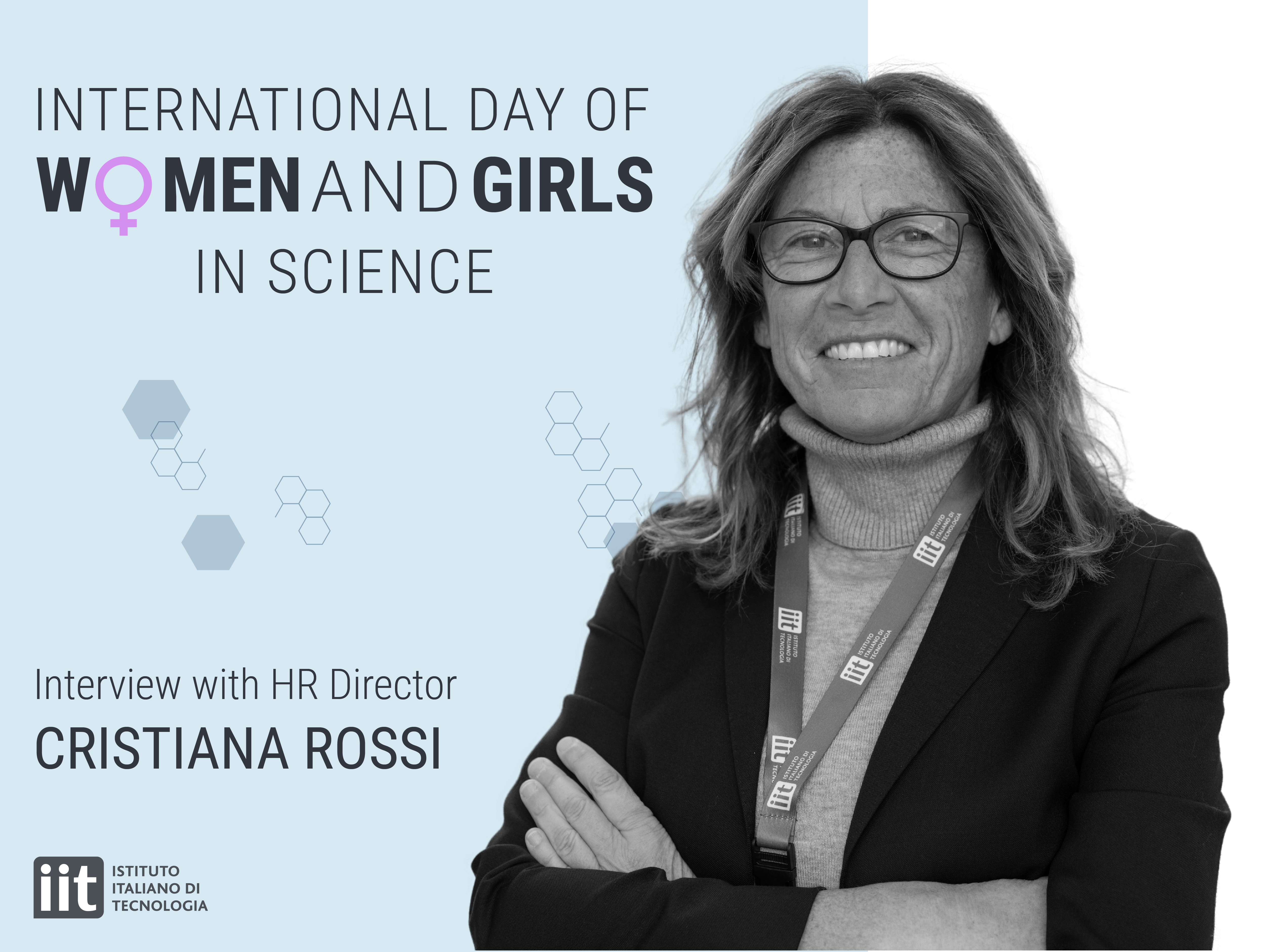Taking a Ride: Cells that can carry medicine to our brains
I grew up in the suburbs of a small Southern city, Spartanburg (urban pop. ~260,000), in South Carolina (USA). Besides the two years my family lived in Germany when I was 7 years old, I spent my whole life in the southeastern United States. I did my bachelors and Ph.D. in the Department of Bioengineering at Clemson University (Go Tigers!), one hour from where I grew up. At the time of my graduation I had spent 8½ years at the same university and it was time to see something new. My doctoral work was focused on developing particles that can measure the delivery of drugs for the treatment of cancer, a very application driven pursuit, and in my postdoc I wanted to really study the fundamental science of nanomedicines.
My first postdoctoral position in the group of Profs. Alke Fink and Barbara Rothen-Rutishauser at the Adolphe Merkle Institute (Fribourg, Switzerland) was spent studying basic interactions between small particles and the cells in our body, i.e. particle characterization and stability in complex biological media, how proteins and particle coatings influenced cell uptake, and how particles are taken up by cells when in flow (similar to particles in our blood stream).
By chance during my postdoc I met Prof. Paolo Decuzzi while attending the 2017 CLINAM conference in Basel. Of course I was familiar with his work on particles for drug delivery, in particular his method for fabricating particles with specifically controlled shapes and studying particle behavior under flow, and when I saw a position opening in his lab at IIT I jumped at the opportunity to apply. Through our conversations, I formulated a proposal for the MINDED programme, a Marie Skłodowska-Curie COFUND action coordinated by IIT, to study particle-mediated drug delivery to treat neurodevelopmental disorders. When my proposal was accepted I was excited to see somewhere new, learn about a new culture, and experience research life in a new institute.
What I am studying now is the attachment of discoidal particles to cells in order that these cells can transport particles across biological barriers and to their intended site of action. This is significant because one of the greatest challenges in nanomedicine is getting particles from where you introduce them into the body (orally, through the skin, through injection) to their target (in my case, the brain). From start to finish, particles must often move from our bloodstream, across our blood vessels, and through our connective tissue to reach their biological target. Cells will naturally navigate these barriers, and thus could act as a type of “taxi” to carry these particles from point A to point B. Currently This project has potential to discover new fundamental insights into how particles can affect cell behavior/mechanics, while also pushing towards the development of new therapies for hard-to-treat neurodevelopmental diseases. The brain is one of the most challenging targets for pharmaceutics because of a specialized system of blood vessels that act to keep foreign invaders out of our sensitive nervous system. Thus, by using these cells attached to particles, we could overcome a significant obstacle in the treatment of brain pathologies.
The move to Italy has been a wonderful experience. It is hard to put into words the benefit of “working abroad” – leaving the familiar and going into the unknown. In the most simplistic light, I now have a truly global collaborative network. Friends and colleagues with whom I have worked are now scattered around the world, and with modern communication it is easier than ever to touch base with them. However, a more personal and introspective examination shows that by pushing yourself outside of your comfort zone, and exposing yourself to different cultures, work environments, management styles, and (maybe most importantly) bureaucracies, you begin to understand that at it’s core science transcends all of these differences. It is not something that is easy to put into words, but I think that those who have spent time away from “home” will understand.
I am very happy to be at IIT, it has excellent infrastructure to pursue my project, and Genoa has been an exciting place to live. It is a small city to some, but is actually the biggest and most densely populated city in which I have lived. I have enjoyed learning about Italian culture, learning the Italian language, and exploring Italian food (my favorite is Neapolitan food, but with a wife from Napoli I am quite biased). I am very excited to see what the future brings!
___
MINDED project has received funding from the European Union’s Horizon 2020 research and innovation programme under the Marie Skłodowska-Curie grant agreement No 754490

